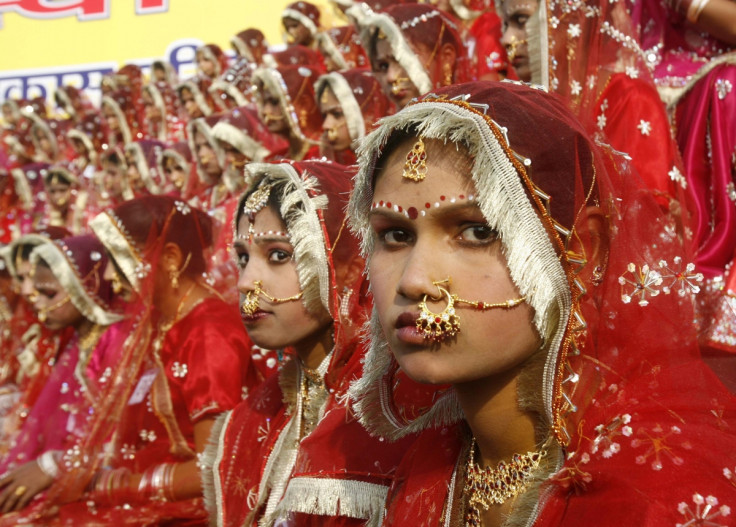Textbook explaining 'merits of dowry' especially for 'ugly women' sparks outrage in India
The dowry system continues to survive in India even though it has been criminalised.
A Sociology textbook elaborating the "merits and advantages" of the dowry system has sparked a row in India with legislators, activists and social media users asking for its removal.
According to the book's cover page, "Textbook of Sociology for Nurses" by T. K. Indrani is written as per Indian Nursing Council syllabus. However, the nursing body has distanced itself from the regressive text being studied by Second-Year BSc students.
"Indian Nursing Council as a policy does not endorse any author or publication nor has allowed any author to use the name of Indian Nursing Council for their publications," read the statement by the council. It added that the council "strongly condemns any derogatory content which is against the prevailing law of the land."
The matter came to light after a page from the textbook went viral on social media. The page had detailed "merits" of the dowry system, a practice of giving durable goods, cash, and real or movable property to the groom's family by the bride's family.
College textbook in India. pic.twitter.com/LOM4grizJq
— Aparna (@chhuti_is) April 3, 2022
Merits of Dowry explained in an Indian text book. Read the last line. https://t.co/nEaWJfO7CH
— Quratulain Rehbar (@ainulrhbr) April 4, 2022
The page from the book read: "Dowry is helpful in establishing new household as custom of giving household items like cots, mattresses, television, fan, refrigerator, utensils, clothes and even vehicle are found in many parts of our India as dowry."
The book goes on to add that a dowry also "helps ugly looking women find a groom to marry," and that a good education works as an advantage for women because "when the girls are educated or even employed, the demand for a dowry will be less. Thus, it is an indirect advantage."
India's National Commission for Women (NCW) has now asked the Education minister to take remedial action in the matter, according to a report in NDTV. "It sends a very wrong message to students about the prevailing menace of dowry," wrote the commission in its letter.
Taking or giving dowry has long been prohibited under specific Indian laws including the Dowry Prohibition Act 1961. Despite this, several people – especially in rural areas – still follow the practice. The age-old system has led to several deaths of women in the country.
India recorded 6,966 dowry-related deaths in 2020 alone which implies that nearly 19 women were killed every day that year. The number of dowry deaths had stood at 7,141 in 2019 and 7,167 in 2018, per the data provided by the National Crime Records Bureau (NCRB).
The highest number of dowry-related cases were registered in the Indian state of Uttar Pradesh with 2,274 cases, followed by Bihar with 1,046 cases.

© Copyright IBTimes 2025. All rights reserved.






















